The education secretary Nadhim Zahawi will today pledge to put wellbeing “at the centre of everything we do in schools”, as he sets out his priorities for the sector.
In a speech to the annual conference of the NAHT school leaders’ union, Zahawi will say wellbeing must be central alongside a “drive for rigorous standards and high performance”.
It is Zahawi’s first opportunity to address the schools community since his appointment last month.
Addressing the conference in London, he will pledge to listen to leaders and “work with you to make sure we do right by children and learners”.
But he will also say he wants to be “honest” with leaders that it will “not always be an easy journey for us”
“I know that leadership can be a lonely place at times. There will have been sleepless nights, worrying about the children in your schools.
“I know all about sleepless nights, having just worked as vaccines minister. It is a different set of challenges that I am focused on now, though.”
He will repeat his pledge made at the Conservative Party conference on Monday to bring forward a schools white paper, giving a little more detail about what it will set out to achieve.
The white paper will “ensure we have brilliant teachers at every stage; high standards in every classroom and strong schools with excellent leaders and robust systems”, he will say.
He will also outline several other priorities, including
- Ending illiteracy and innumercay and making sure “no child leaves primary school unable to read or without a grasp of maths”
- A “relentless focus” on literacy and numeracy throughout secondary school
- Making sure teachers “get the recognition they deserve”, including through the £3,000 salary boosts announced by the prime minister
- Wanting T-levels to be “just as famous” as A-levels
- Doing “far more for vulnerable children”, including those with SEND or who are looked-after
- Closing the disadvantage gap
- Better understanding mental health and providing better support
- Getting “to the root” of what’s causing persistent absent
He will conclude: “These are my priorities and this is what I want us to deliver for the next generation. And if the challenge is ‘how’? My answer is ‘people’.
“The answer is ‘you’…the headteachers and leaders, working with us to give children the best education possible.
“Let us summon the same spirit of determination that you showed in responding to Covid, and rise together to this challenge, so we can leave a legacy that endures for decades to come.”
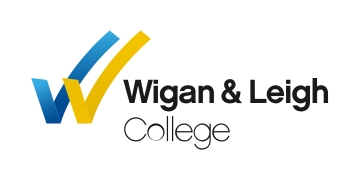










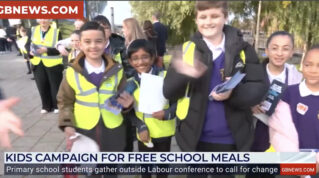
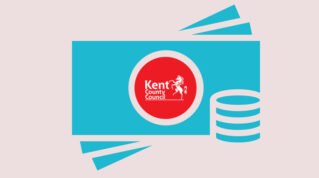
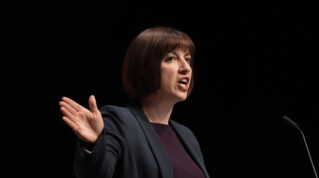
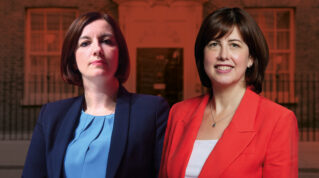

Zahawi vows to ensure that “no child leaves primary school unable to read or without a grasp of maths”. This is a phoney war. Very, very few children leave primary completely unable to read. Those that do are likely to have profound special needs. And what exactly does ‘a grasp of maths’ mean? The ability to add and subtract simple numbers? Knowing tables by heart? Or passing a mandatory standard?
It is, of course, the latter. But failing the mandatory standard (KS2 Sats) does not mean children are unable to read, write and do calculations. It’s a disservice to teachers in England to claim that it does.